Data-Driven Decisions in Farm Management
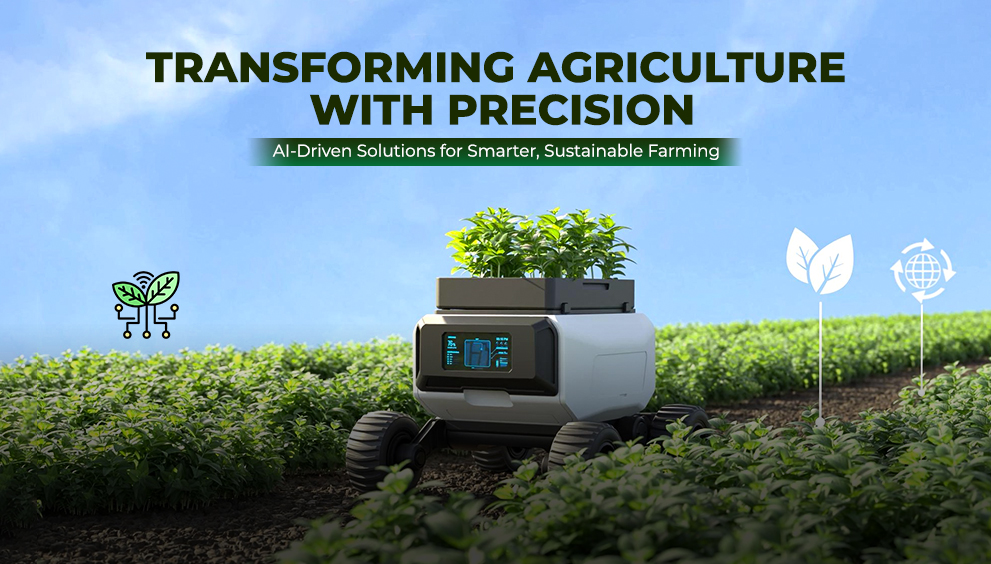
Optimizing Operations with Advanced Insights
In today’s agriculture, precision is no longer a luxury—it’s a necessity. Data-driven decision-making has emerged as a game-changer, enabling farm managers to transform their operations with actionable insights derived from cutting-edge analytics. By leveraging diverse data sources, this approach facilitates smarter resource allocation, better risk management, and sustained productivity.
Modern farms generate vast amounts of data daily—from soil conditions and crop health to satellite imagery and weather forecasts. This information, when processed through advanced analytics, empowers managers to address challenges proactively, optimize workflows, and unlock untapped potential in agricultural operations.
Harnessing the Power of Data
Data-driven farming integrates information from various sources to craft precise strategies:
- Crop Health Metrics track plant conditions, helping identify early signs of disease or nutrient deficiencies.
- Soil Condition Data provides insights into moisture levels, nutrient availability, and pH balance, enabling precise fertilization and irrigation.
- Satellite and Drone Imagery offers a panoramic view of field performance, pinpointing areas that need attention.
- Weather Forecasting Tools deliver real-time updates to prepare for potential disruptions, such as droughts or storms.
These data points collectively replace guesswork with accuracy, ensuring every decision contributes to enhanced farm productivity and sustainability.
Transformative Impact on Farm Operations
Data-driven methodologies streamline operations in profound ways. For instance, analyzing soil moisture levels ensures irrigation systems distribute water only where needed, reducing wastage and conserving resources. Similarly, data on nutrient content helps optimize fertilizer use, cutting costs and limiting environmental impact.
Moreover, predictive analytics can anticipate potential risks, such as pest outbreaks or extreme weather events, allowing farm managers to take preemptive action. This proactive approach minimizes losses, protects yields, and ensures the smooth running of agricultural activities.
A Future Built on Insights
Adopting a data-driven approach not only addresses immediate challenges but also prepares farms for long-term success. By closely monitoring crop performance and environmental conditions, farm managers can adapt strategies to market fluctuations and evolving climate patterns. Over time, these insights foster resilience, enabling farms to thrive despite external pressures.
Key Innovations Driving Data-Driven Agriculture
Several technologies underpin the shift toward data-centric farm management:
- IoT Sensors gather real-time data on soil health, temperature, and humidity, offering granular insights.
- AI Algorithms analyze complex datasets to uncover patterns and predict outcomes, supporting automated decision-making.
- Cloud Platforms centralize data storage, enabling collaborative and scalable farm management systems.
- Remote Sensing through satellites or drones provides high-resolution imagery for detailed field assessments.
These innovations bridge the gap between data collection and actionable insights, making it easier for agricultural managers to embrace this paradigm shift.
Conclusion
Data-driven decisions have redefined farm management, transforming traditional practices with unprecedented accuracy and efficiency. By harnessing analytics, modern farms are not only overcoming challenges but also unlocking opportunities for growth and innovation.
As agriculture becomes increasingly complex, embracing a data-driven approach ensures operations remain competitive, sustainable, and resilient. The future of farming lies in its ability to turn information into action—ensuring success for generations to come.


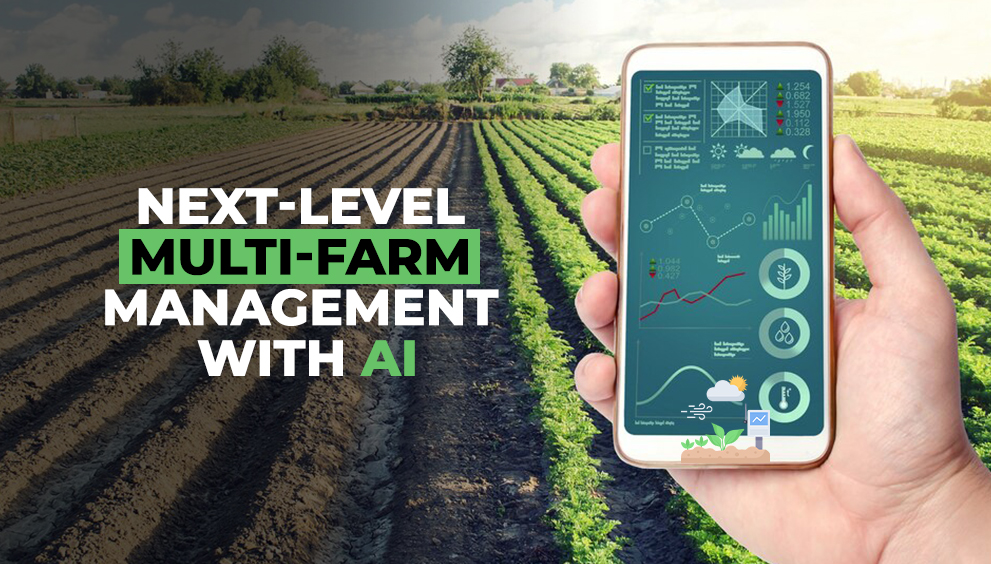

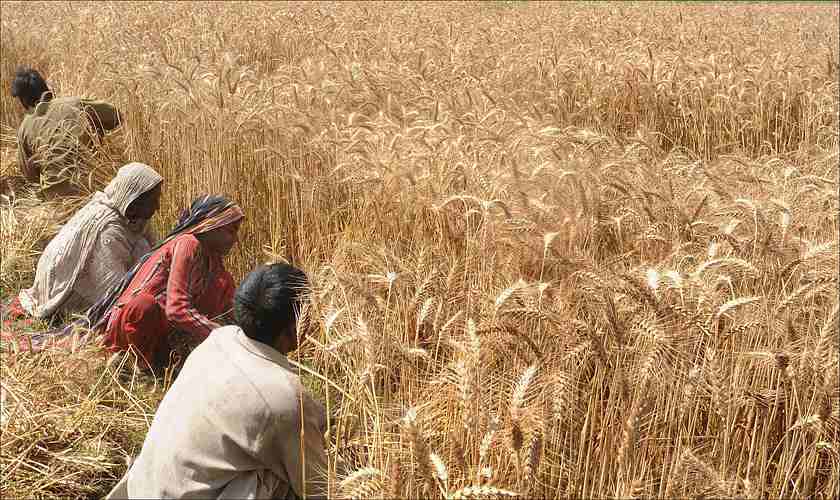
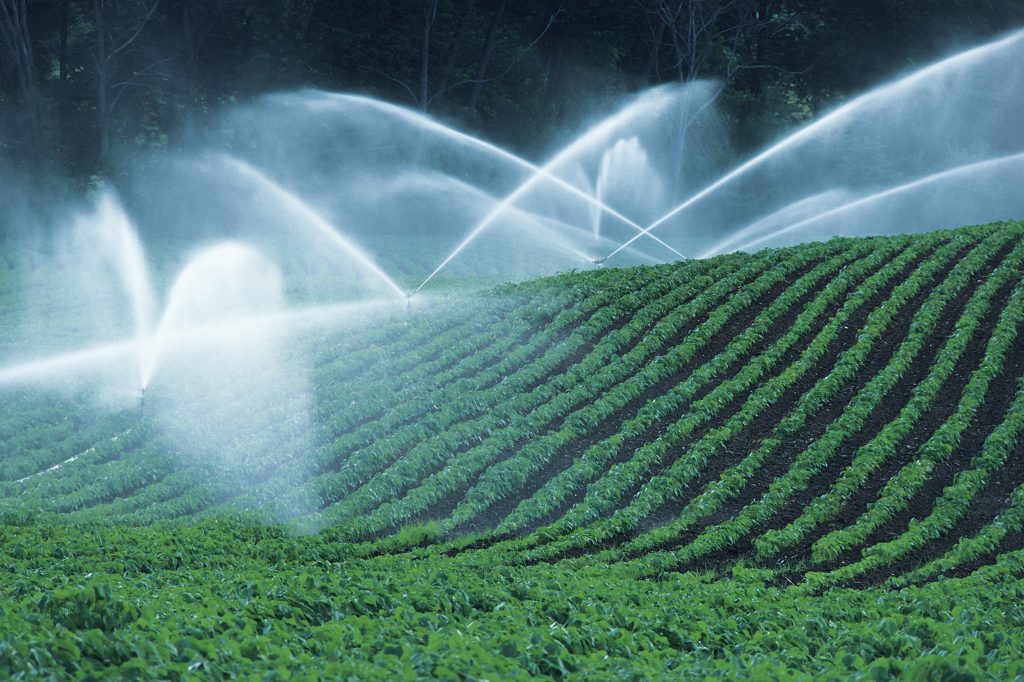


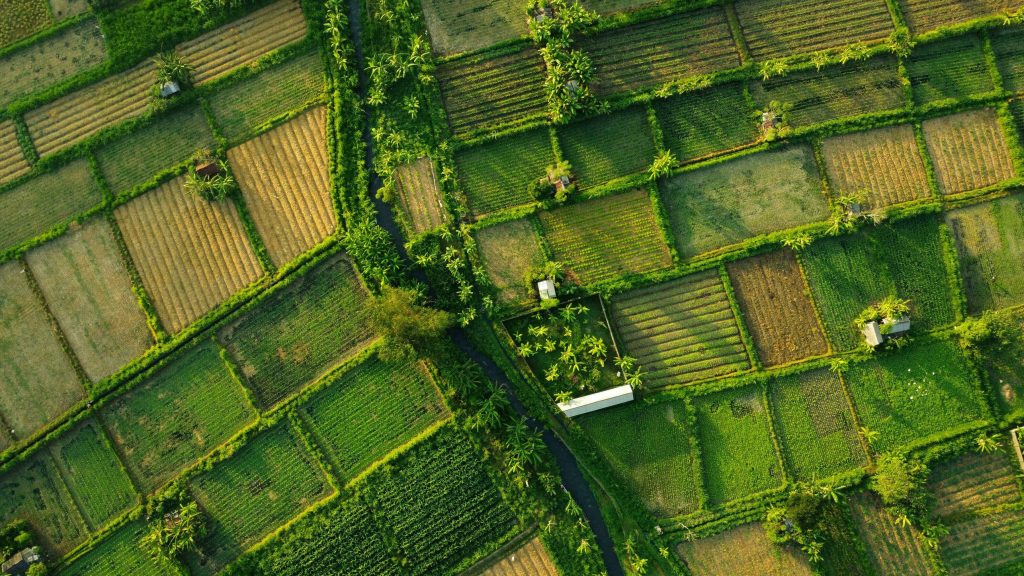

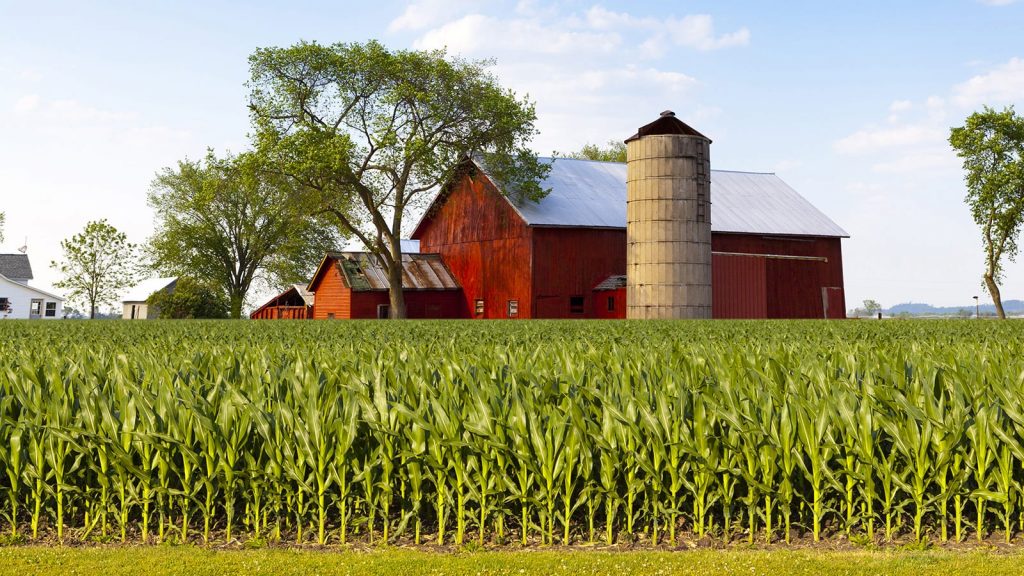
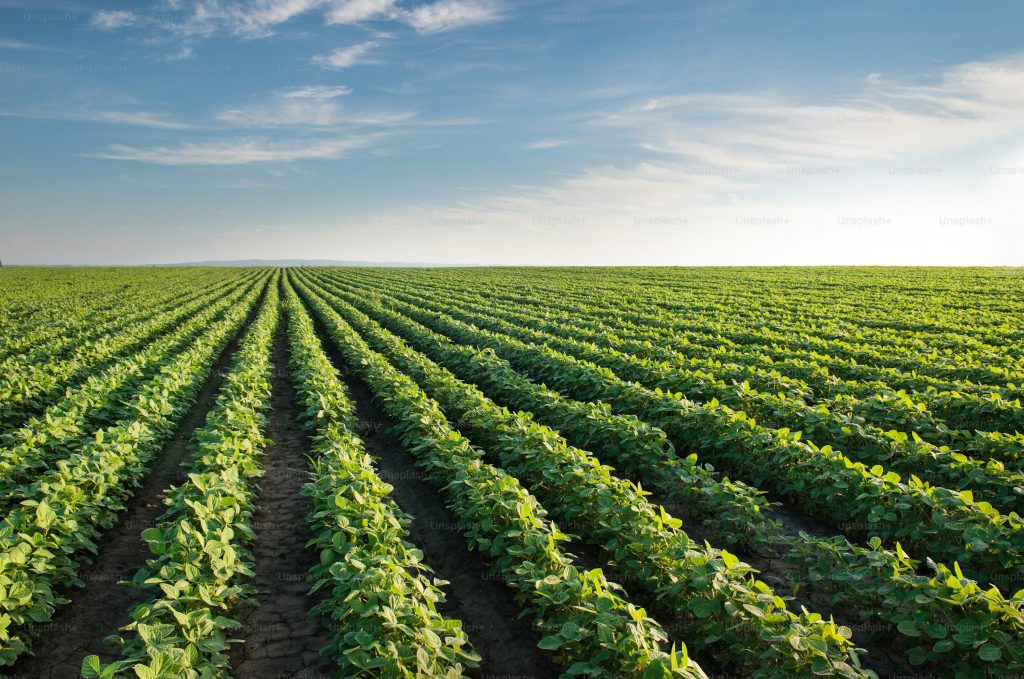


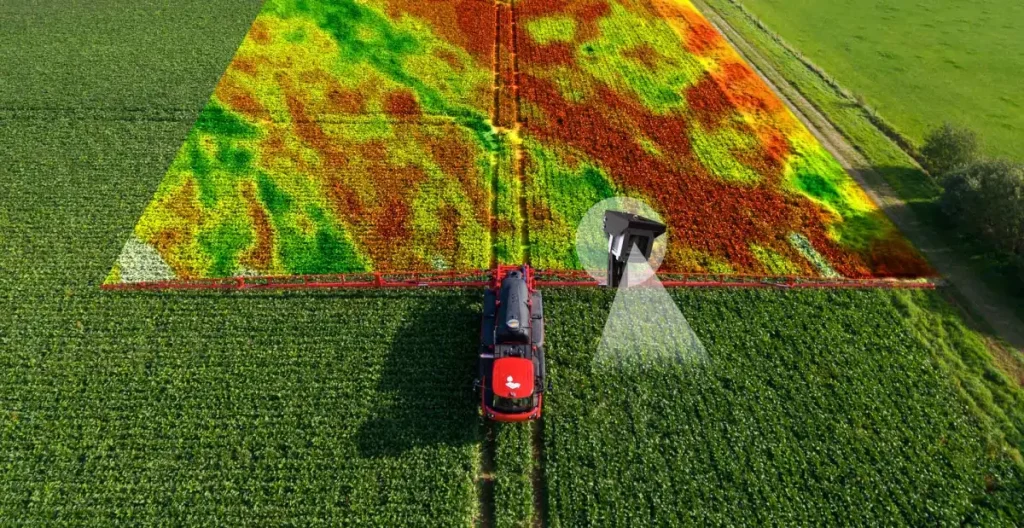
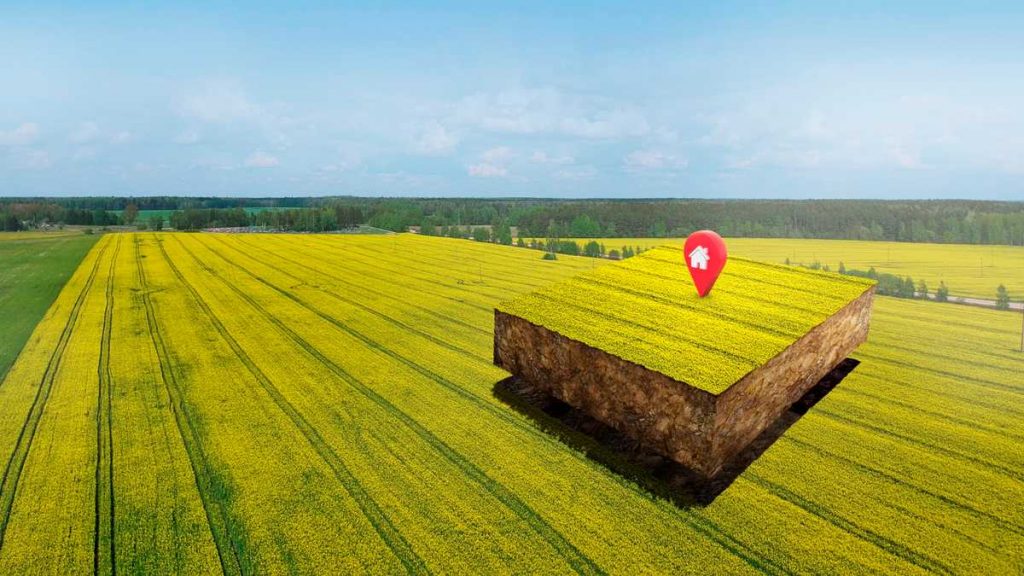
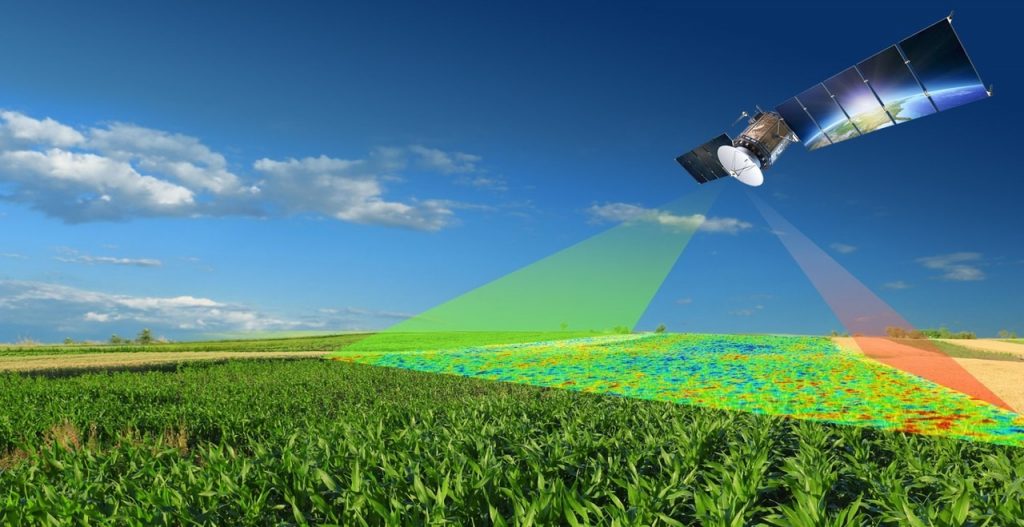
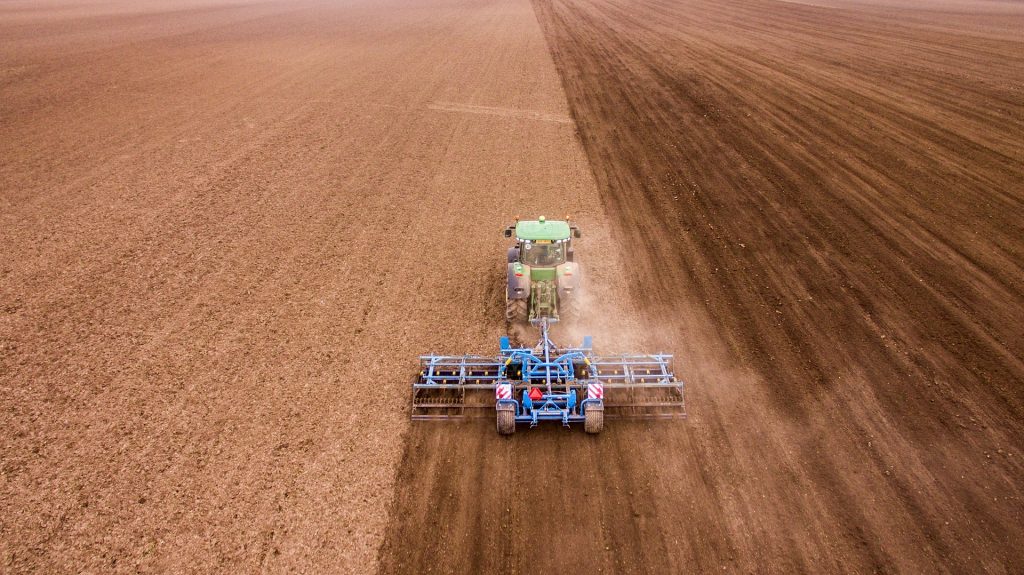
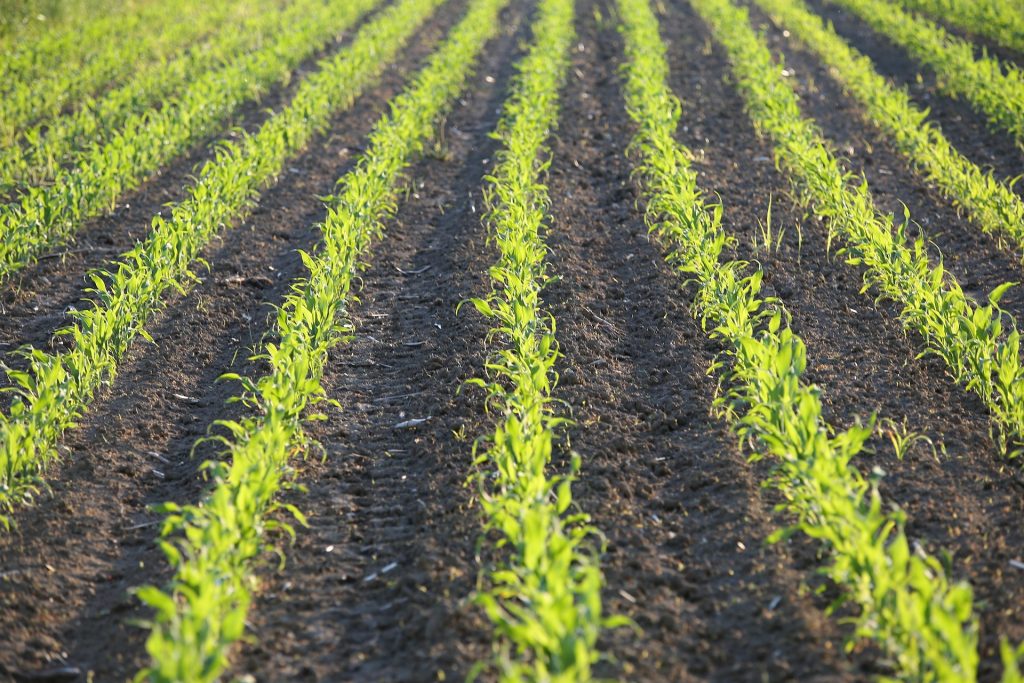
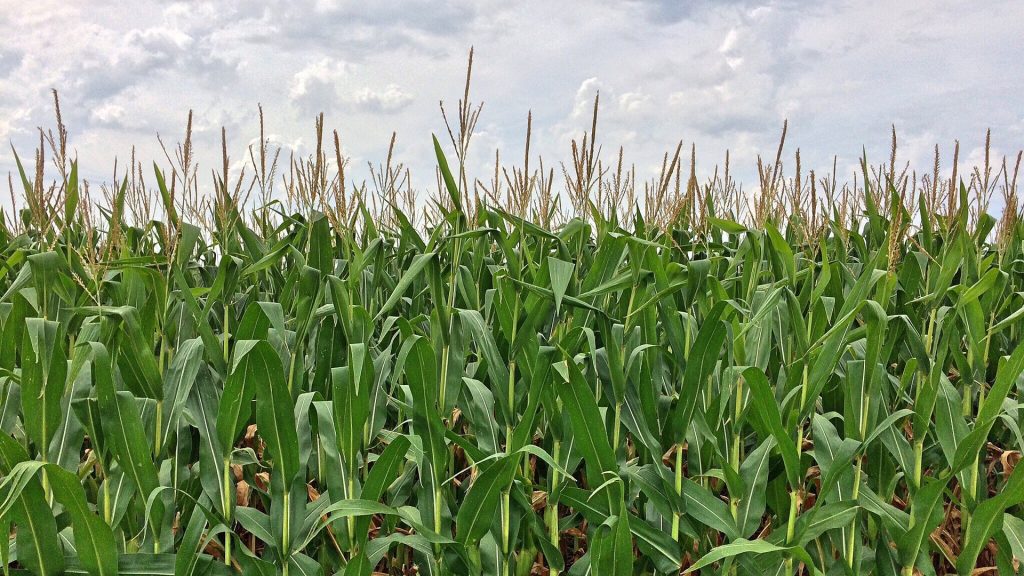


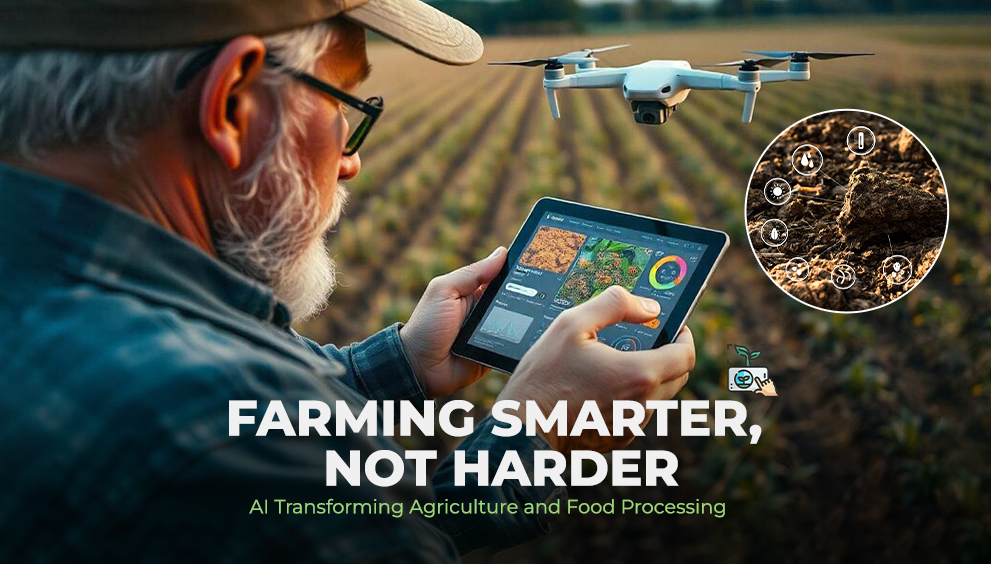
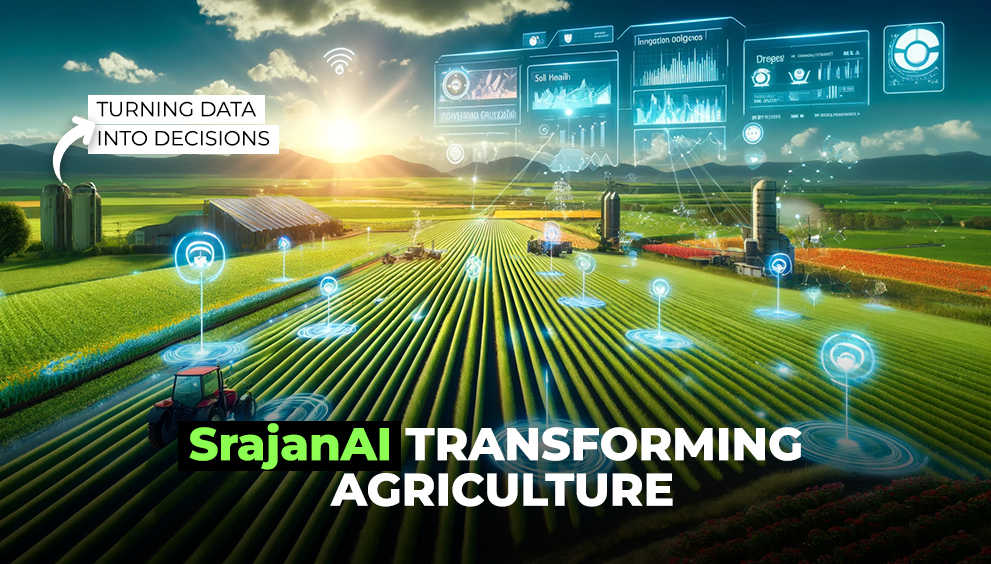
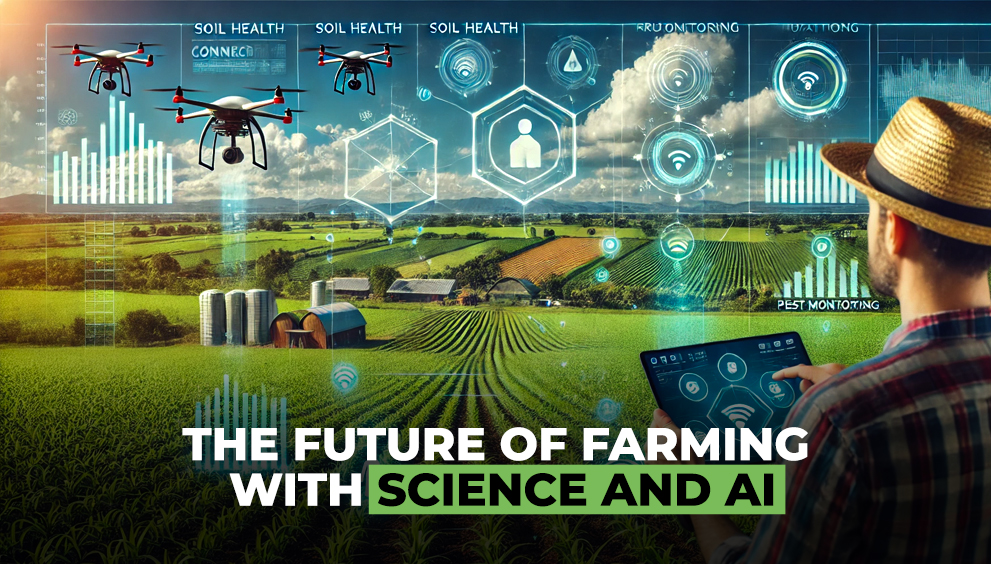
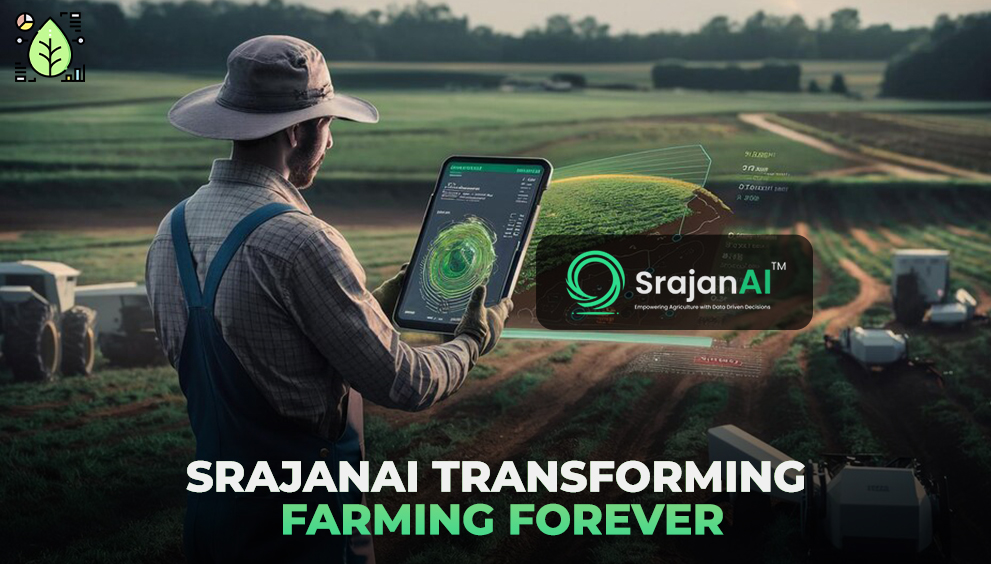
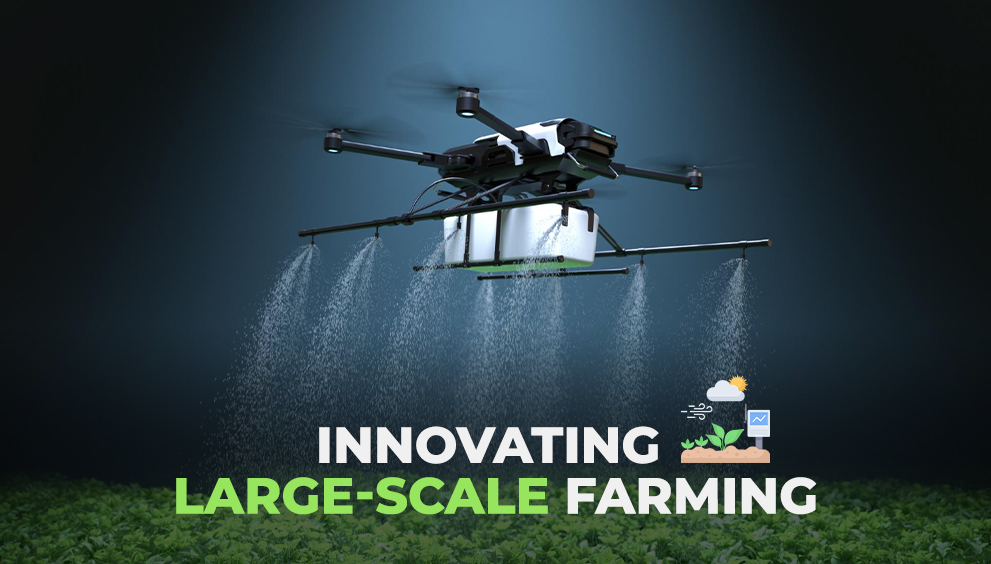
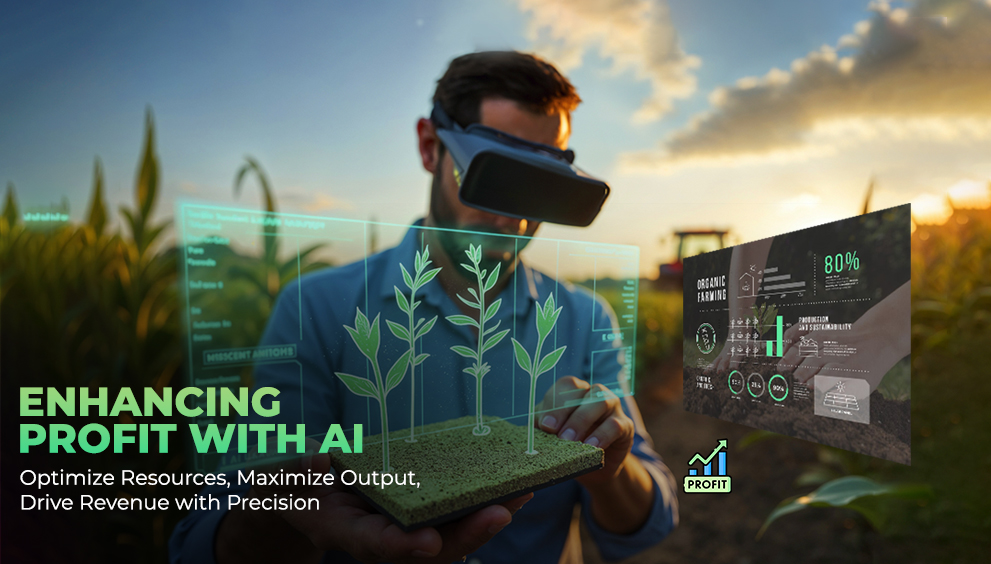

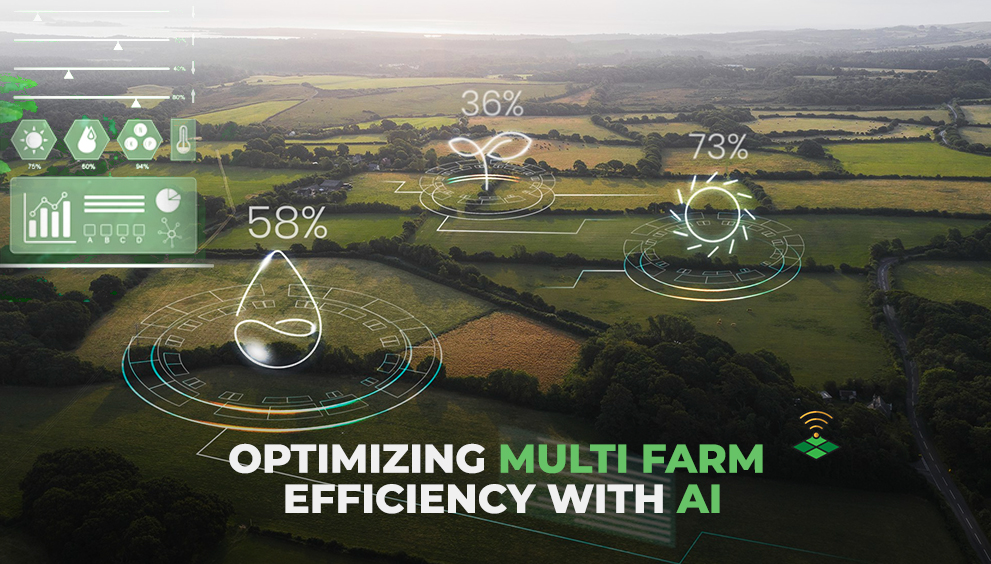
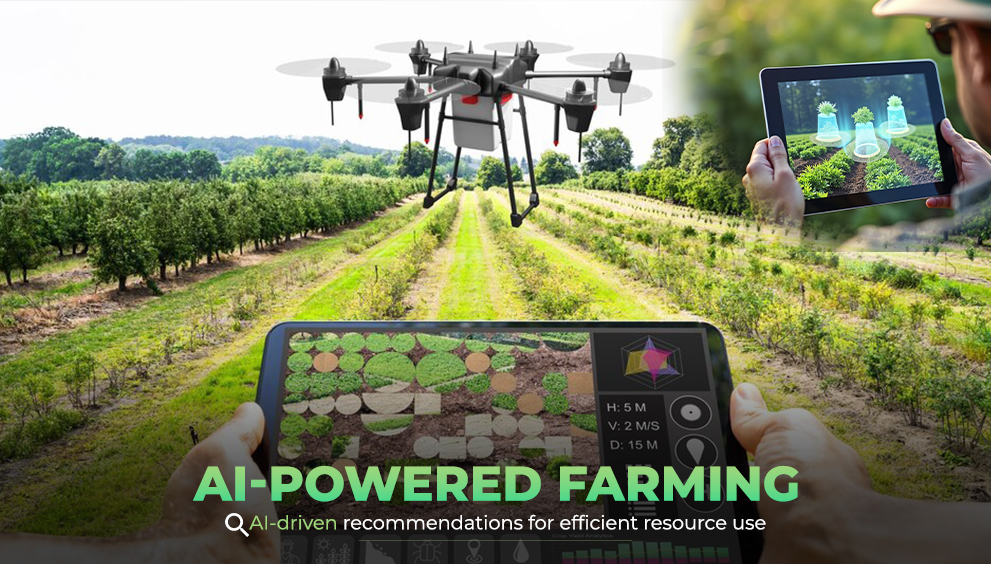
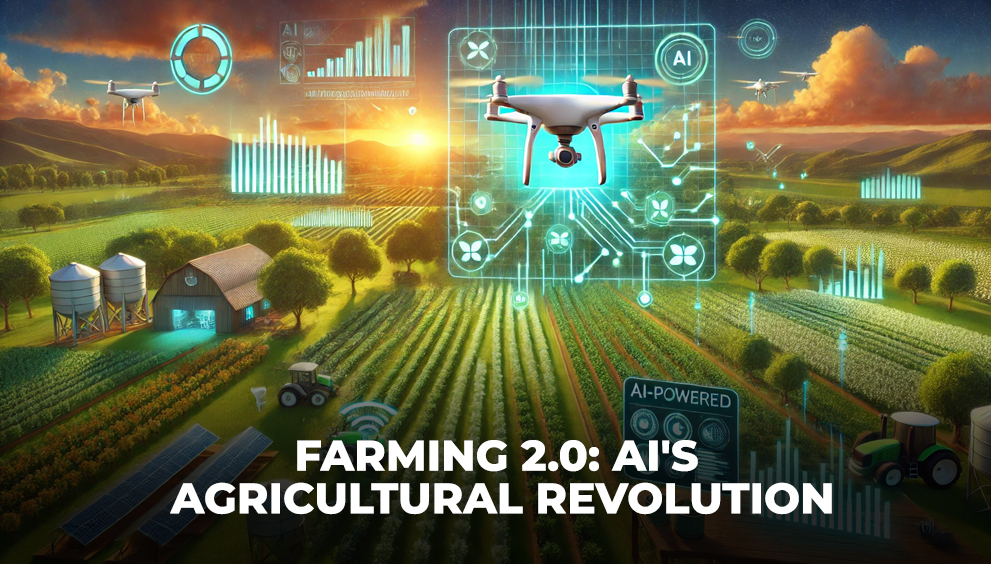
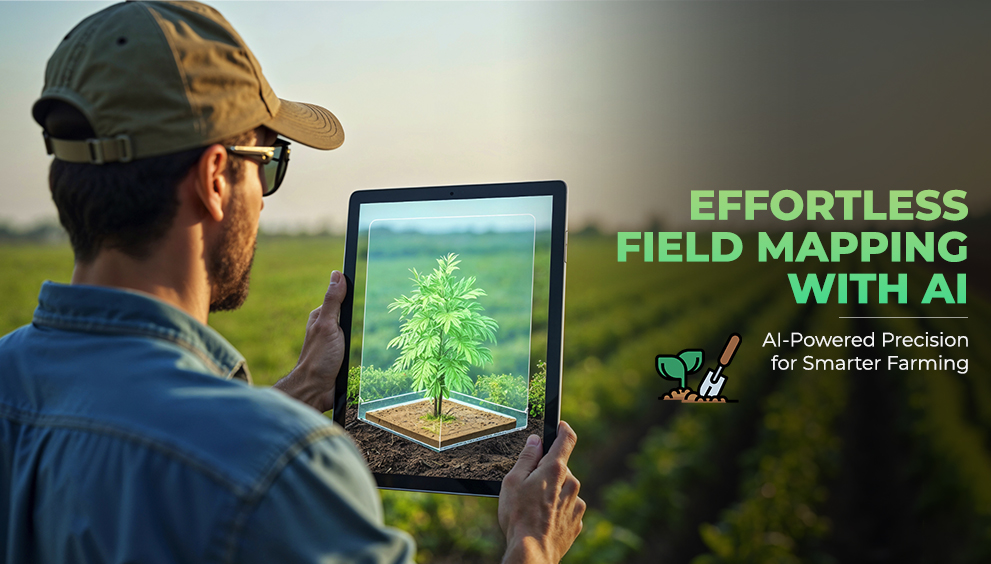
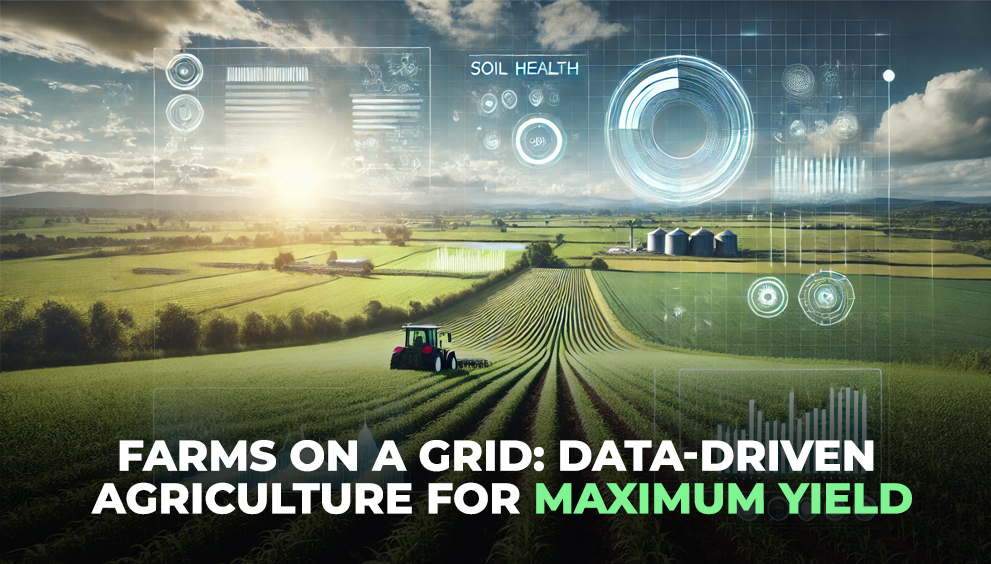
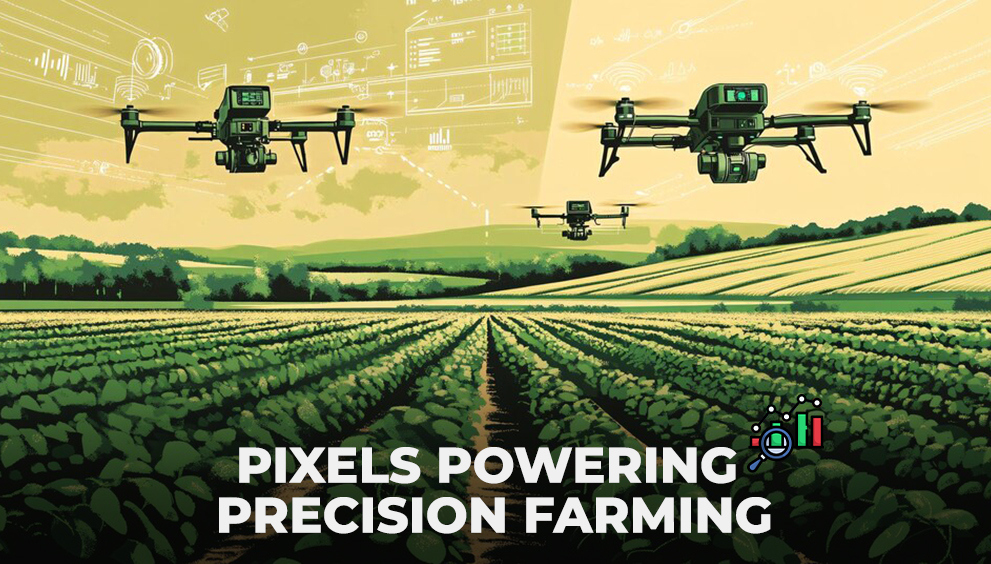
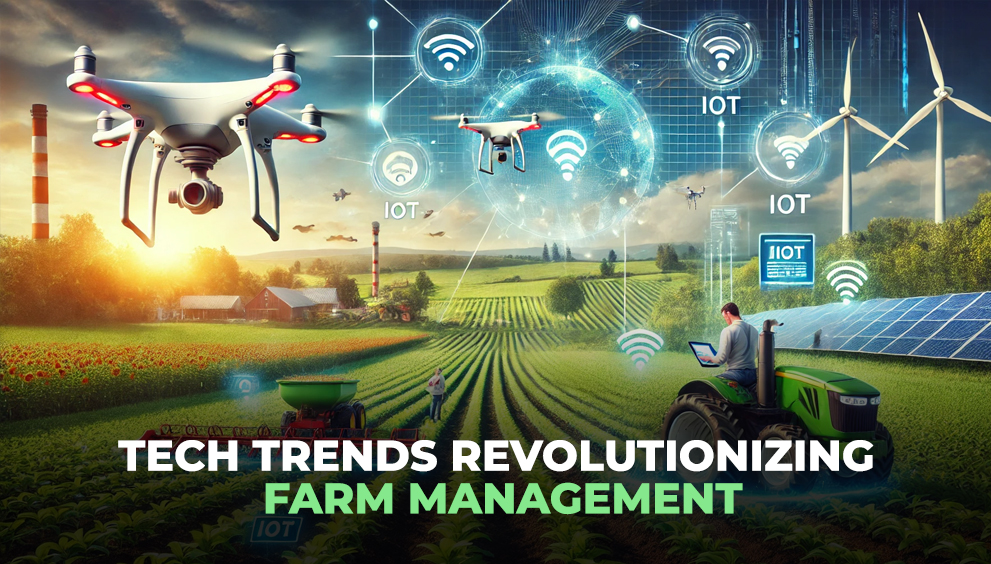
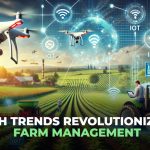

phgolden
18th Nov 2025So, phgolden… it’s got a nice enough setup. Could be a fun little site if you’re after some casual gambling. Give it a look at phgolden
playdoi
26th Nov 2025Yo, Playdoi, not gonna lie, it’s got some interesting stuff. Could use a little polish, but it’s worth a look-see. See for yourself: playdoi
qcman88
04th Dec 2025QCman88… hmm, I think I saw this recommended in a forum. Is it worth it? Give it a quick look: qcman88
5555bet2
04th Dec 2025Right, 5555bet2… I’d say it’s not bad. Decently laid out and not too complicated. Could be worth a punt! Just keep a handle on your spending, yeah? 5555bet2
88nn01
04th Dec 2025Spotted 88nn01 online. Not sure what it is, could be interesting! Has anyone used it before? Share your thoughts! Worth a look: 88nn01